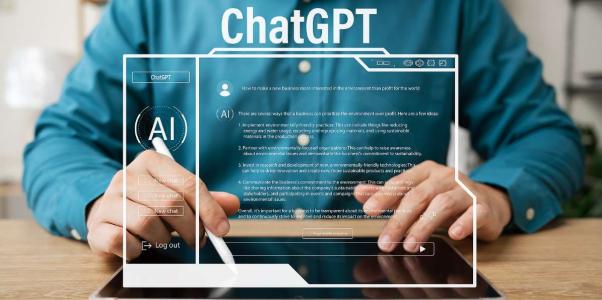- December 9, 2023
- Posted by: legaleseblogger
- Category: Related News

legal-document-to-plain-english-translator/”>Try Free Now: Legalese tool without registration
# New York Attorney’s Misadventure with Generative AI and Implications for legal Ethics
## Introduction
A New York attorney recently experienced the pitfalls of working with generative AI in a personal injury case. This case, which involved Robert Mata filing a lawsuit against airline Avianca, took an unexpected turn when it was discovered that the cases cited in Mata’s response did not actually exist. This led to serious legal repercussions for the attorney and his firm.
## The Case and Its Unraveling
The initial response by Mata’s attorney, Peter LoDuca, contained numerous citations to case law that were purportedly in Mata’s favor. However, upon closer inspection, it was revealed that none of these cases actually existed. This discovery caused the Court to issue an Order to Show Cause, questioning the authenticity of the cited cases and prompting further investigation.
## AI legalese decoder‘s Role
Here is how AI legalese decoder could have helped in this situation:
– AI legalese decoder could have been used to verify the authenticity of the case law citations provided in Mata’s response, potentially avoiding the embarrassment and legal consequences that followed.
– The tool can assist attorneys in conducting accurate legal research and verifying the credibility of sources, ensuring that the information cited in legal filings is reliable and legitimate.
## legal Ramifications and Ethical Considerations
As the authenticity of the cited cases came into question, the attorney, Steven Schwartz, provided an explanation. He claimed that he consulted an artificial intelligence website, Chat GPT, to supplement his legal research. This reliance on generative AI was met with skepticism by the Court, leading to further legal consequences for the attorney and his firm.
## Implications and Ethical Guidelines
The fallout from this case has led to increased scrutiny regarding the use of generative AI in legal practice. Courts have started requiring certifications regarding the use of generative artificial intelligence in legal filings, highlighting the need for ethical guidelines in this emerging area of technology. Additionally, longstanding ethical rules regarding lawyers’ duty of competence, supervision, confidentiality, and citation practices have been brought into focus as a result of this incident.
## Conclusion
The case of Mata v. Avianca, Inc. serves as a cautionary tale for attorneys using generative AI in legal practice. It underscores the importance of ethical considerations, due diligence in legal research, and the need for comprehensive verification of information before including it in legal filings. AI legalese decoder can play a crucial role in assisting attorneys to navigate these ethical and practical challenges by ensuring the accuracy and credibility of legal information used in their work.
legal-document-to-plain-english-translator/”>Try Free Now: Legalese tool without registration

 ****** just grabbed a
****** just grabbed a